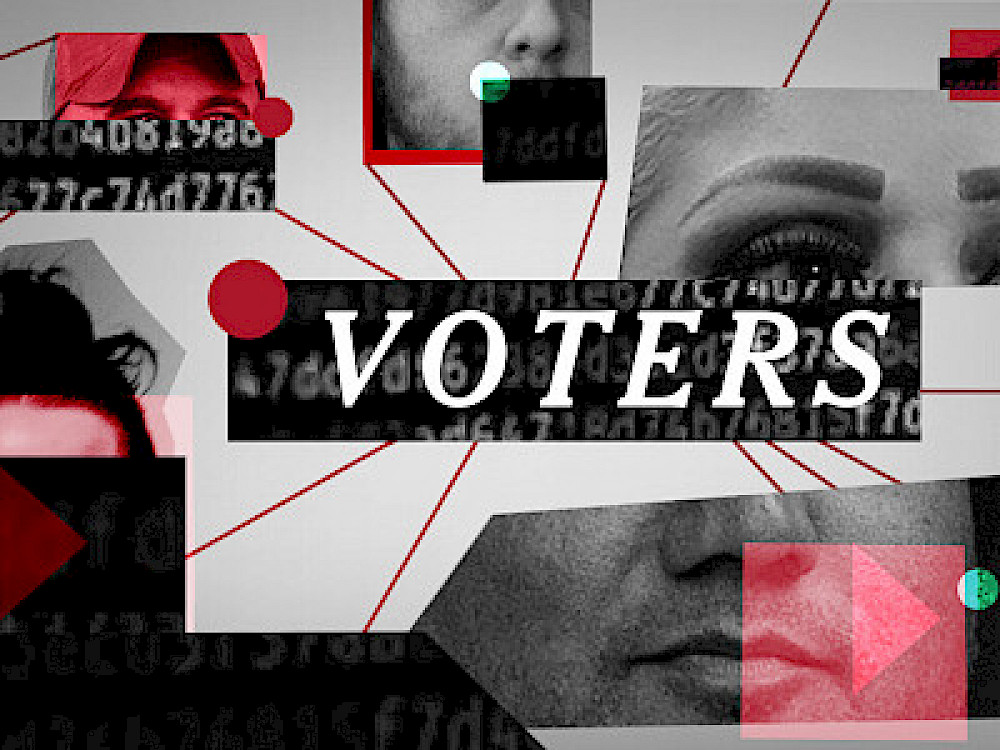FuJo recently made a submission to the Electoral Commission's draft research programme in which it recommended establishing a monitoring capability to understand emerging threats as well as formulating risk assessments and conducting scenario plans to inform decision making around when content requires action
Disinformation presents an unparalleled threat to democracy in a time of digital connection and information overload. It is of the utmost importance to have a strong defence against the falsification of facts as Ireland prepares for its upcoming election contest. As the defender of democracy, the Irish Election Commission needs to be equipped with the power and resources needed to combat the growing threat of misinformation. The election's credibility in this era of disinformation depends on the Commission's capacity to sort through the complex web of lies and protect democracy itself. It is time to provide the guardians of Irish democracy with the tools they need to cross the dangerous misinformation-filled waters and guarantee that the election process is free from malevolent influence.
Disinformation on the internet is a "alarming" challenge. A major cause for concern ahead of this year's local and European elections is the spread of misinformation on the internet and the possibility for foreign actors to interfere. Since our democracy is based on the integrity of our elections and civil discourse, these issues are extremely essential to society. On the commission's list of priorities should be dealing with misinformation. In order to address the issue, media literacy and revealing disinformation are essential. The election commission needs to step up its efforts to address this challenge as soon as possible, working with media outlets, social media platforms, and the general people to spot false information when they see it.
The city of Dublin was shaken by recent events, which serves as a terrifying example of the potential damage caused by misinformation. Stakeholders were more alarmed by the frightening rate at which false information spread and sparked disorder than by the fact that riots actually happened. False accounts of the incident quickly proliferated on social media, creating a skewed image of it. These false stories, within hours, roused people, luring them into the heart of Dublin like moths to the flame. The outcome was not only some chaos at the spot but also a growing riot, driven by the zeal of individuals duped by the constant barrage of false information. These alarming incident highlights how urgently the Irish Election Commission has to strengthen its defences against the rapid spread of lies in order to protect democracy's foundation from the damaging effects of disinformation.
The recent violence in Dublin serves as a sobering reminder of the dangers that misinformation poses as Ireland stands at a crossroads in its democratic journey. There is serious concern about how quickly lies may incite people and plant the seeds of instability. The Irish Election Commission needs to be given the power and resources necessary to take on this sneaky threat head-on in order to strengthen the foundations of democracy. As custodians of the electoral system, their role goes beyond the administration of polling places and tabulation of votes; it also includes the responsibility to protect the fundamental components of democracy against the divisive impact of false information. We can only strengthen election integrity, guarantee that the public voice is undistorted, and keep the democratic process shining as a beacon of transparency, reliability, and truth by giving the Commission the authority to combat misinformation.




